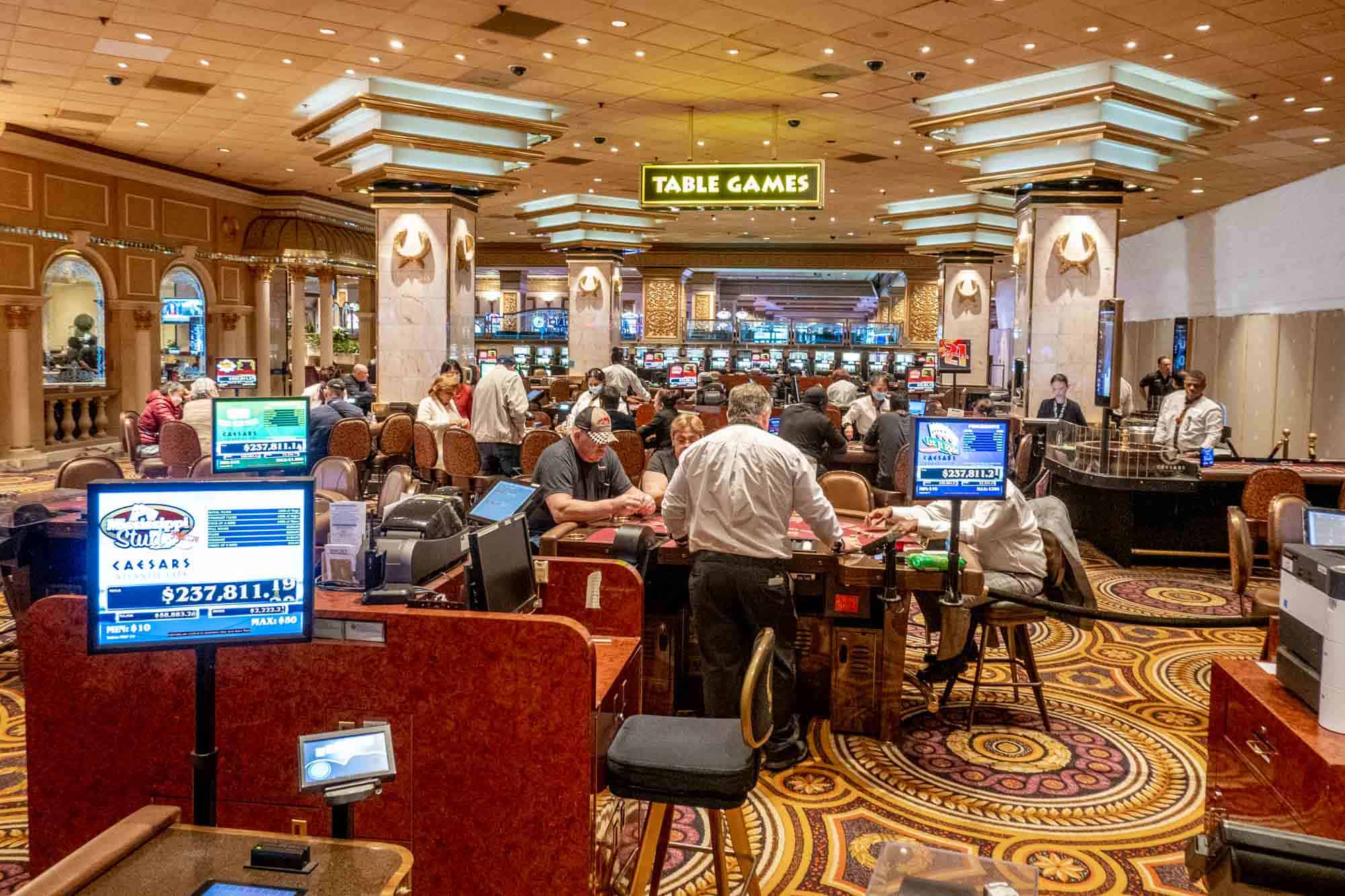
Casino experiences have long captured the interest of people around the globe, becoming an essential part of both leisure and culture. From the sparkling lights of Las Vegas to the captivating experience of online gaming, these experiences evoke enthusiasm, uncertainty, and sometimes even a sense of remembrance. They are beyond just entertainments; they have woven themselves into the texture of our lives, influencing various aspects from film and songs to style and literature.
The allure of casino games surpasses the wagering aspect, tapping into larger themes of serendipity, chance, and human behavior. As players gather around a gaming table or rotate the roulette wheel, they engage in an age-old ritual that resonates with our collective desire for adventure and unpredictability. This captivation has led to the growth of countless references in cinema, tracks, and gaming, showcasing how deeply entrenched these games are in pop culture. Whether it is the high-stakes tension of a traditional heist movie or the vibrant nightlife portrayed in recordings, casino games have carved out a substantial niche that reflects our connection with risk.
Social Impact of Casino Activities
Gambling games have played a key role in cultural contexts throughout the ages. Stemming from old civilizations, games of chance were often linked to ceremonies or events. vinbet For example, early iterations of these activities can be linked back to ancient Chinese and the Romans, where dice games and wagering on results were common pastimes. These games not only served as entertainment but also as methods of social interaction, facilitating relationships among individuals within communities.
As societies evolved, so did the complexity and structure of casino games. The creation of formal casinos in the 17th century, particularly in the Italian region, marked a major shift in how games were viewed and structured. With specific spaces for gambling, the casino became a social hub where patrons from various backgrounds gathered. This change contributed to the legitimization of gambling, transforming it from a mere pastime into an organized industry that influenced the economy and policy.
The impact of gambling activities on mainstream culture cannot be understated. As they were popularized in literature and film, games such as Texas Hold’em and blackjack became symbols of chance, luck, and strategy. Famous characters and narratives have emerged around these games, reflecting societal attitudes towards fortune, prosperity, and immorality. This fascination with casino games has infiltrated various forms of entertainment, solidifying their place in the public imagination and linking them to wider cultural narratives throughout the ages.
Portrayal of Gambling Activities in Entertainment
Gambling games have long been a popular theme in various forms of media, reflecting both the excitement and complexities of the world of gambling. Films such as Ocean’s 11 and Casino Royale portray figures who navigate intense situations, showcasing not only the attractiveness of the casino atmosphere but also the methods and decisions that come with playing popular games like poker and 21. These movies often dramatize the thrill of winning and the potential consequences of losing, encapsulating the risks involved in gambling.
TV programs have also explored the realm of gambling activities, often integrating them into the plot as a context for story progression and drama. Series like Las Vegas depict the stories of casino workers and patrons, highlighting the lively, often disorderly energy of the casino floor. Docuseries featuring high-stakes gambling competitions further emphasize the appeal of gambling activities, drawing viewers into the excitement and strategy involved in each session. Through these depictions, media not only entertains but also stimulates conversations about fortune, skill, and the character of randomness.
Gaming have increasingly integrated casino games into their structure, allowing players to experience the experience of gambling without financial exposure. Games within the domain of digital gaming often include virtual slots, poker, and other popular casino games, creating an immersive gameplay that mirrors real-life gameplay. These virtual portrayals make gambling activities accessible to a worldwide viewer base, appealing to both gamblers and those who enjoy the excitement of simulation. As a consequence, the representation of gambling activities in entertainment continues to shape societal views and importance, highlighting their function in society and the cultural landscape.
Effect of Casino Games on Communities
Gambling activities have a significant effect on society, influencing multiple facets of societal norms and interpersonal behavior. They often serve as a platform for social interaction, where people come together to experience a common experience. Game nights with friends or visits to casinos become group events that build connections and create memories. This collective aspect boosts the fun value of gambling activities, making them a popular choice for festivities and recreational pursuits.
Moreover, casino games have been portrayed in countless films, TV series, and literature, shaping perceptions and opinions towards gambling and gaming. Icons like James Bond competing in baccarat or the intense poker scenes in films have embedded these games in the collective imagination. This representation often glamorizes the culture associated with gambling, drawing in new players and influencing trends in both style and conduct. These representations can spark curiosity and lead to a more profound investigation of the intricacies of gaming.
Nonetheless, there are also negative implications linked to the widespread appeal of gambling activities. The temptation of quick monetary gain can lead to gambling addiction and financial troubles for some individuals. https://vinbet.click/ The community must grapple with these issues, promoting responsible gambling and education of the risks involved. Balancing the fun aspect of casino games with the potential for harm is crucial to ensure that they continue to be a positive aspect of our cultural landscape.